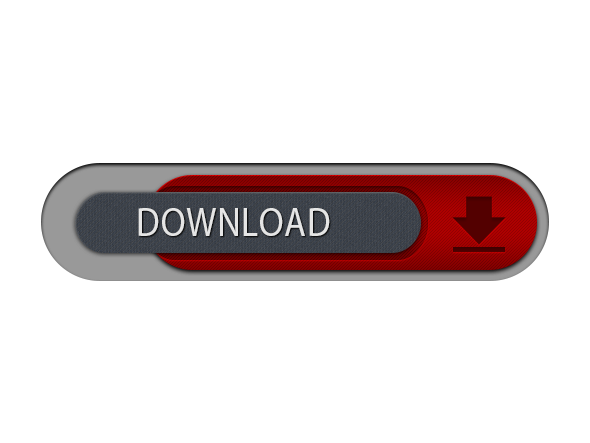Since macOS is based on Unix there are a number of ways to compress files and folders within the filing system using Unix based application code, below are a few options using the Terminal or command line interface (cli). The default command line application interface in macOS is the Terminal and is stored in /Applications/Utilities.
- How to Zip a File on Mac. Open a Finder window, then locate the file or folder you want to zip. Right-click on the said file or folder. Select 'Compress' in the drop-down menu you see. The file is then Zipped while the original is left just the way it was. How to Create Zip Files and Folder on Mac. Open a Finder window.
- Hold Command and Press Space to open Spotlight, type Terminal to search and Enter Opening Terminal through Spotlight; Now try the unzip command for your zip file unzip filename.zip (You can drag and drop the zip file, so it can paste the directory too) Press Enter and it will start unzipping Decompressing the zip file in Terminal.
Unzip from the Finder. If you have saved a.zip file in the Finder, double-click it to open. After opening it, you can view some or all of the contents by highlighting the files and pressing Command+Y. Follow these steps to open zip files on Mac: Click the Unzip button.
File and folder compression saves on file size and ensures the contents are captured and delivered or stored as one monolithic file. A compressed file which contains files and folders is generally referred to as an archive. Here are some built-in compression applications you can use including zip, tar, gz, bz2, gz and dmg.
ZIP – Cross Platform
First up is ZIP one of the most commonly used compression techniques used across all platforms
To compress
To extract
If you want to make a zip without those invisible Mac resource files such as '_MACOSX' or '._Filename' and .ds store files, use the '-X' option in the command so:
TAR.GZ – Cross Platform
Second up is TAR, an old favorite on Unix/Linux – you add the GZ for the compression – compresses tighter than zip
To compress

To extract
TAR.BZ2 – Cross Platform
A variation on TAR GZ but with better compression than both tar.gz and zip.
To compress
To extract
GZ
Without the tar
To extract
DMG – macOS Only
Mac Unzip Zip Command
This one is macOSnative only – for a GUI interface use /Applications/Utilities/Disk Utility – for command line use:
To create
Unzip Mac Files On Windows

To extract
TAR.BZ2 – Cross Platform
A variation on TAR GZ but with better compression than both tar.gz and zip.
To compress
To extract
GZ
Without the tar
To extract
DMG – macOS Only
Mac Unzip Zip Command
This one is macOSnative only – for a GUI interface use /Applications/Utilities/Disk Utility – for command line use:
To create
Unzip Mac Files On Windows
To mount
To view
To Eject Thunderbolt 3 raid enclosure mac.
You can also use a number of different formats for creating a .dmg
- UDZO – Compressed image (default)
- UDRO – Read-only image
- UDBZ – Better compressed image
- UDRW – Read/Write image
- UDTO – DVD disk image
Unzip Zip File Mac
That's the low down, the more common compression packages available will typically be covered in one of the above.
